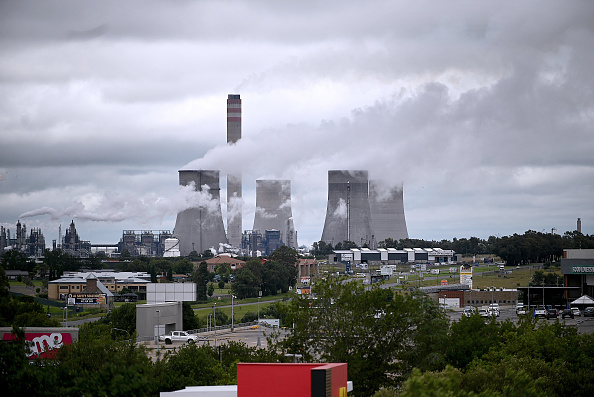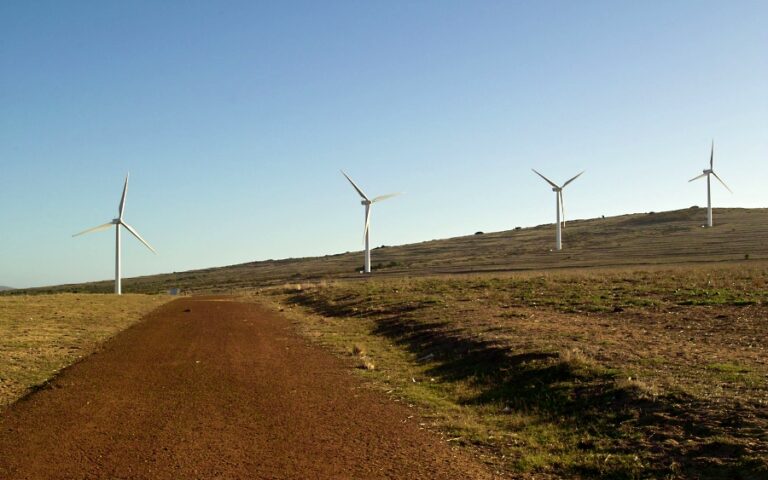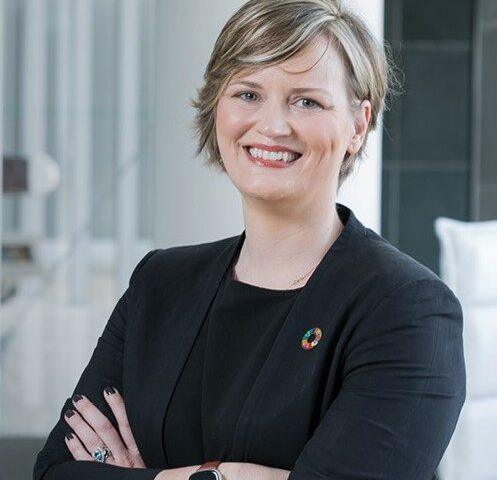LobbyMap, a platform “tracking the policy engagement on climate change” of corporates and industry associations around the world, has added an assessment of the Energy Council of South Africa for the first time, assigning it a score of D+ out of a possible A-F.
LobbyMap is operated by InfluenceMap, an independent think tank that produces data-driven analysis on how business and finance are impacting the climate crisis.
In 2023, InfluenceMap released Corporate Policy Engagement in South Africa, a report on the “engagement of South African industry on climate-related regulations and the energy mix in the country”. The report analyses 16 local companies and 12 industry associations and the impact they have had on climate policy.
That report’s key finding was that “South African industry remains a blockage to ambitious climate change policy in the country,” and that “South African companies and industry associations are putting the country’s climate goals at risk through their policy engagement activities”.
LobbyMap’s assessment of the Energy Council
LobbyMap finds that the Energy Council is actively engaged on climate policy, but with limited transparency and mixed positions: on one hand supporting the increased deployment of renewables and on the other also advocating for the continued role of fossil gas in the energy mix.
Despite the Energy Council’s assertion of support for climate action in its top-line messaging, LobbyMap points to its strong opposition to the carbon tax and its advocacy for the role of gas as a transition fuel, and for investment in new gas infrastructure. These positions undermine South Africa’s ability to achieve a just transition to a low-carbon, sustainable economy.
The LobbyMap platform also includes assessments of the climate policy engagement of 14 South African companies, including (scores in brackets): Eskom (C), Sasol (C), Exxaro Resources (C), and Seriti Resources (D), and 13 industry associations, including the Minerals Council South Africa (C+), Business Unity South Africa (C), the South African Petroleum Industry Association (C), and Business Leadership South Africa (B-).
About the Energy Council
The Energy Council was launched in November 2021 under the auspices of Fleetwood Grobler, then CEO of Sasol, and then Minister of Mineral and Petroleum Resources Gwede Mantashe. Purporting to represent “the unified voice of energy”, its founding members comprised four fossil fuel companies (Sasol, Exxaro, Eskom and TotalEnergies), Anglo American Platinum, the Industrial Development Corporation, the Central Energy Fund and the Automotive Business Council, Naamsa.
As of February 2025, the Energy Council’s membership has expanded to include a wider range of companies, but its leadership remains heavily tied to the fossil fuel industry. Eight of its 11 board members either currently represent the fossil fuel industry or have spent most of their careers working for fossil fuel companies or in high-emitting industries. There are no representatives of the renewable energy industry on the board.
The Energy Council has especially strong ties to Sasol: in addition to being founded by Fleetwood Grobler, until recently its offices were in Sasol’s headquarters, and Grobler’s replacement as Sasol CEO, Simon Baloyi, has also taken over Grobler’s chairmanship of the Council. Board members Rekha Sinath, currently at Remgro, and Oliver Naidy of Vopak, each spent more than 20 years working for Sasol.
The National Energy Crisis Committee (NECOM) is a partnership between government and business established to “deal with the energy crisis by fixing Eskom and adding new sources of power.” NECOM’s mandate has recently been expanded, or “repurposed”, to accelerate the implementation of the government’s Energy Action Plan and to focus on “system-wide” energy constraints.
The Energy Council describes itself as playing a “leading role in engaging the NECOM to help deliver the Presidential Energy Action Plan (EAP)” and a “key role in supporting the broader business-government partnership and CEO pledge, being led by Business Unity South Africa (BUSA) and Business for South Africa (B4SA)”. This gives the Energy Council significant access to the development and implementation of South Africa’s energy policy, without the transparency that such processes would be subjected to under ordinary democratic policy-making.
IMAGE: Ferrantraite, Getty






